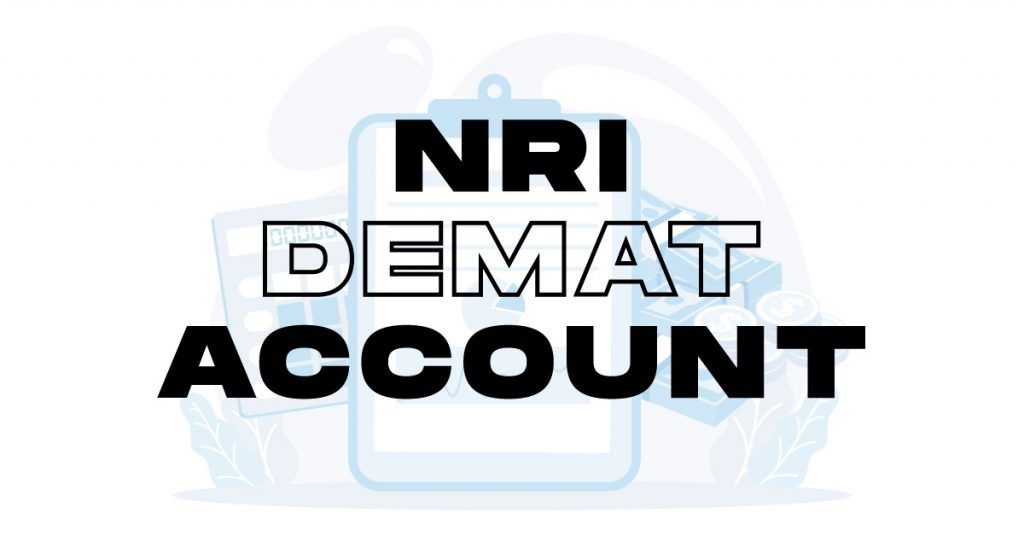How To Apply For An IPO In A Minor's Name
Written by Mariyam Sara
Published on October 17, 2025 | 5 min read

You can have a Demat account in a minor’s name, but can a minor apply for an IPO? Yes, with a SEBI-registered platform, guardians can apply in an IPO under a minor’s name. Parents can secure their child’s future through such investments, gaining a head start.
Additionally, creating an IPO in your child’s name can establish a financial foundation for future gains, which are appreciated through capital gains and dividends. Let us examine how applying for an IPO in a minor’s name can be a smart choice, both financially and practically.
Why Invest In Market Price IPOs In A Minor's Name?
There are many potential advantages to investing in market price IPOs under a minor’s name:
Long-Term Wealth Building
Investing at a young age allows for a greater time frame for compounding and long-term capital gains.
Teaching Moments
Investing in IPOs teaches a child about saving, stocks, and how the market works.
Future Security
Investments made during childhood can be considered a reliable source of funds for education, marriage, and other life goals.
A Structured Process To Apply For Ipo In A Minor's Name
There are several compliance steps to follow when applying for an IPO in a minor's name. Below is a step-by-step process:
Open a Minor Demat Account
- The first step is to open a Demat account in the name of the minor.
- Since the account is in the name of a minor, accounting and all other operations must be undertaken by their parent or other legal guardian.
- The required documents include the minor's PAN card, Aadhaar, and birth certificate, as well as the guardian's KYC documents.
Link a Bank Account
- The Demat account must be linked with a guardian's bank account.
- Ensure the names and order of account holders in the Demat and Bank accounts match the IPO application.
Ensure KYC Compliance
- Both the minor and the guardian must complete Know Your Customer (KYC) activities.
- This involves verifying the identity, address proof, and a photograph.
Methods To Apply For An IPO For Minors
Minors can invest in IPOs through three safe methods: ASBA, physical forms, and UPI, depending on their eligibility and access to these options.
- ASBA (Application Supported by Blocked Amount)
ASBA is a SEBI-approved mechanism that results in blocking the same amount from the guardian’s bank account. ASBA is easy and safe. ASBA can be done using net banking through a Self-Certified Syndicate Bank.
- Physical IPO Form
This is the traditional method of using paper forms and submitting them to a broker or bank for processing and review. Ensure the Demat account and minor details are entered correctly, as incorrect ones will result in rejection.
- UPI-based application
Minors aged 15 and above can apply for an IPO using UPI if the minor has a UPI ID linked to the guardian’s account. UPI is very fast and digital; however, UPI-based applications have a cap of ₹5 lakh per transaction under UPI rules.
Key Points To Be Aware Of
If applying for an IPO in a minor's name, remember the following.
-
Same Name The minor must be the first holder and thus on the Demat account and the IPO application.
-
Valid PAN The minor must have a valid PAN card, as it is mandatory for IPO applications.
-
Correct Signature The guardian must sign all forms and declarations.
-
No Joint Holders A minor's Demat account cannot have joint holders.
What Happens When The Minor Turns 18?
Once a minor reaches 18 years of age, their Demat account must be shifted to represent their legal rights and role as an adult investor. This is done by converting the existing minor account to a major account by providing new KYC documents such as PAN, Aadhaar, and others.
After the transition is complete, the minute takes over the role of the account holder with the rights and privileges of an adult investor. The minor can buy, sell, or hold securities, and the minor's guardian will not make decisions.
Advantages Of Early Investment For Minors
Investing your child's money in IPOs can be a smart way to build wealth. Reasons worth considering:
- Build Wealth
- Tax Benefits
- Discipline
- Low Risk of Misuse
FAQs
Can a minor apply for an IPO in India?
Yes, minors can apply for an IPO using a Demat account that was opened in their name and is managed by their parent or legal guardian.
Is the PAN mandatory for minors to make IPO investments?
Yes, the minor must have a valid PAN card issued in their name to apply for any IPO in India.
Can participants who are minors use UPI to apply for an IPO?
Yes, if the minor is age 15 or older and the UPI ID is linked to the account of an official guardian.
Can a minor sell IPO shares after they are allotted?
No, a minor cannot execute trades. Only the guardian can sell shares on behalf of the minor until the minor turns 18.
What happens to IPO shares after the minor turns 18?
Once the minor reaches adulthood, the Demat account must be converted to a regular account with updated KYC. The individual then gains full control over the holdings and future investments.
Applying for an IPO in a minor’s name is a forward-looking financial decision that can contribute meaningfully to a child’s long-term wealth creation. This practice is entirely legitimate and increasingly accessible, provided the correct procedures are followed. Parents or legal guardians must first open a Demat account in the minor’s name, ensure a valid bank account is linked, complete the required KYC formalities, and apply through approved channels by SEBI regulations.
With minimal documentation and the growing ease of digital platforms, investing in equity instruments on behalf of a minor has become simpler than ever. Initiating early exposure to capital markets not only builds a robust financial foundation but also instils a culture of disciplined investing. By starting early, parents can pave the way for a secure financial future for their children.
About Author
Mariyam Sara
Sub-Editor
holds an MBA in Finance and is a true Finance Fanatic. She writes extensively on all things finance whether it’s stock trading, personal finance, or insurance, chances are she’s covered it. When she’s not writing, she’s busy pursuing NISM certifications, experimenting with new baking recipes.
Read more from MariyamUpstox is a leading Indian financial services company that offers online trading and investment services in stocks, commodities, currencies, mutual funds, and more. Founded in 2009 and headquartered in Mumbai, Upstox is backed by prominent investors including Ratan Tata, Tiger Global, and Kalaari Capital. It operates under RKSV Securities and is registered with SEBI, NSE, BSE, and other regulatory bodies, ensuring secure and compliant trading experiences.





















